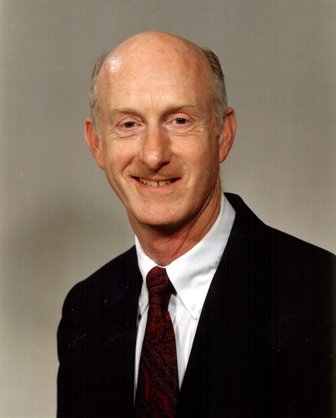David C.
Dale
MD
Education & Training
- MD, Harvard University School of Medicine, Boston, MA (1966)
- Internship and Residency in Internal Medicine, Massachusetts General Hospital, Boston, MA (1966–1968)
- Clinical Associate, NIH NIAID, Bethesda, MD (1968–1970)
- Chief Resident, University of Washington, Seattle, WA (1971–1972)
Honors
- President, American Clinical and Climatological Association (2016)
- Outstanding Work in Science as Related to Medicine Award, American College of Physicians (2014)
- Honorary Fellow, Royal College of Physicians of Ireland (2009)
- Master, American College of Physicians (2008)
- President, American College of Physicians (2007)
- Honorary Fellow, Academy of Medicine of Singapore (2007)
- Laureate Award, American College of Physicians (2002)
- Distinguished Alumnus Award (2000)
- President, Alpha Omega Alpha (1996–2002)
- Best Doctors in America (1996)
- Editor-in-Chief, Scientific American Medicine (1994)
- Distinguished Faculty Award (1990)
- Editor, Journal of General Internal Medicine (1989)
- President, Western Association of Physicians (1987)
- Who’s Who in America (1986)
- Dean, University of Washington, School of Medicine (1982)
- President, Society for Research and Education in Primary Care Internal Medicine (1979)
- Outstanding Young Men of America (1967)
- Graduated Cum Laude from Harvard University (1966)
- James Tolbert Shipley Award (1966)
- Alpha Omega Alpha (1965)
- Graduated Magna Cum Laude from Carson-Newman College (1962)
- Who’s Who American Colleges and Universities (1962)
Research
Research Interests
- Susceptibility to infections
- Neutropenia – mechanisms and treatment
- Regulation of hematopoiesis
Research Projects
Dr. Dale’s laboratory investigates new drugs and therapies for neutropenia and inflammatory and autoimmune diseases. Laboratory and clinical studies are directed toward understanding the production, fate, and functions of neutrophils, the white blood cells which protect the body from bacterial and fungal infections. Neutrophils are formed from hematopoietic stem cells in the bone marrow through an elaborate and highly regulated process. Ongoing studies involve agents to promote neutrophil survival and enhance or suppress the trafficking of neutrophils from the bone marrow through the blood to tissue sites of inflammation.
The Severe Chronic Neutropenia International Registry
The Severe Chronic Neutropenia International Registry (SCNIR) is an international disease registry of patients with severe neutropenia lasting for months, years, or a lifetime. The Registry has offices in Seattle and in Hannover, Germany, and includes patients from more than 40 countries. The goal of the Registry is to follow patients on a long-term basis in a cooperative relationship with their physicians and learn about the natural history and responses to various treatments.
Through the activities of the Registry and cooperating researchers and a parallel Tissue Repository, much has been learned about the genetic and molecular causes for neutropenia, as well as the risk of these patients evolving to develop acute leukemia.
The Registry is overseen by an international advisory board and is now supported by a grant from the National Institutes of Health, National Institute of Allergy and Infectious Diseases.




